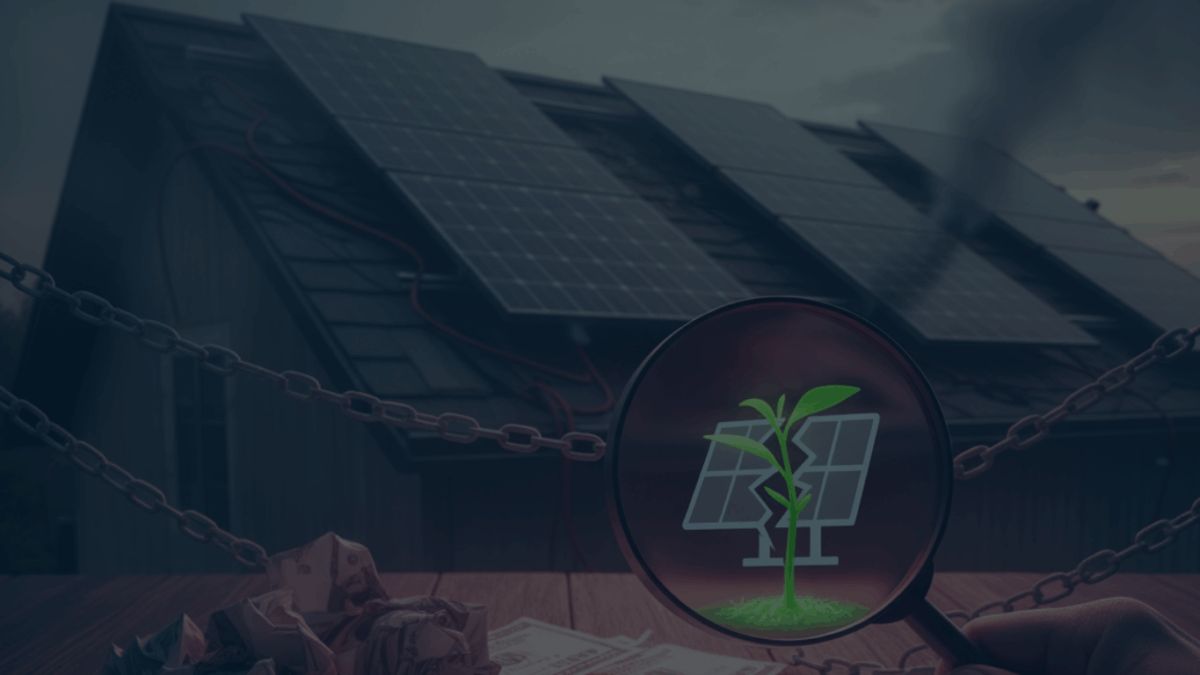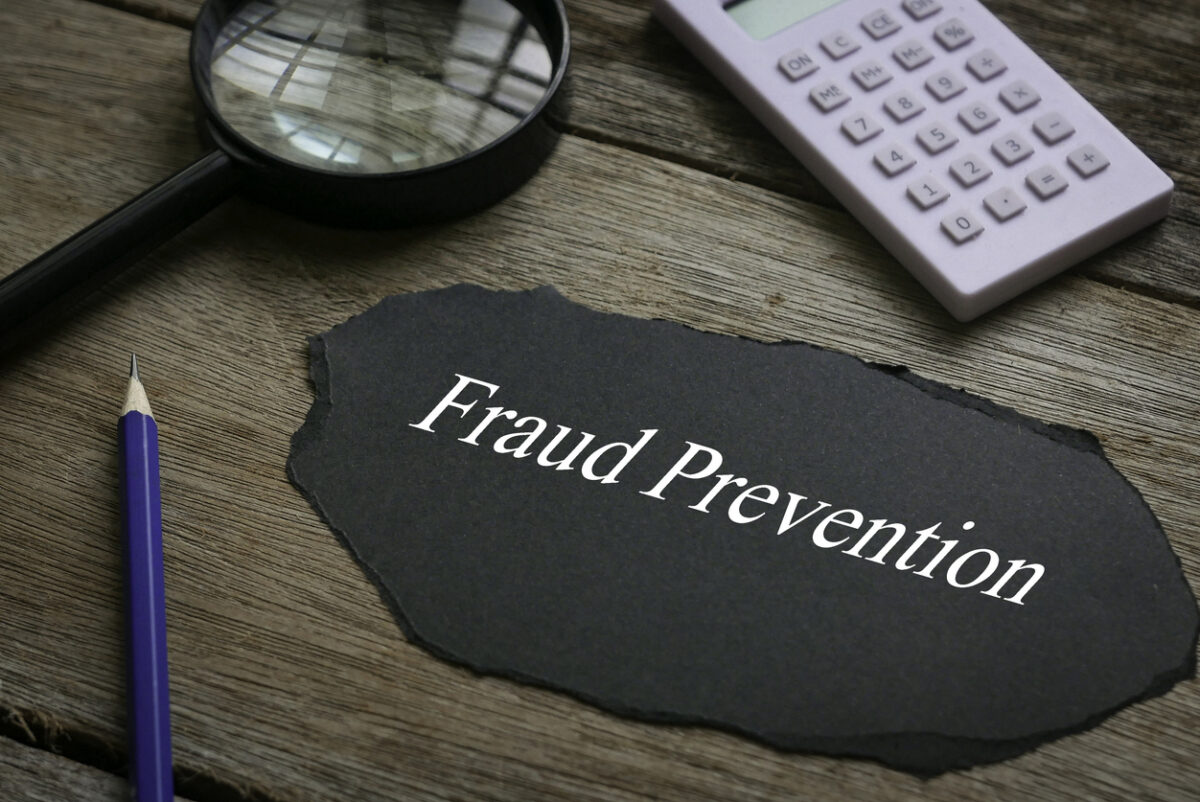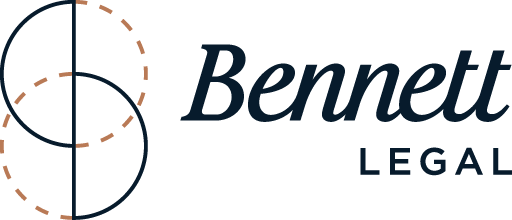
In recent years, the push towards sustainable living has led many homeowners to consider green energy solutions, such as solar panels, as a viable option to reduce their carbon footprint and save on energy costs.
But what happens when the promise of clean energy turns into a financial nightmare?
This is the reality for many who fall victim to solar panel fraud, a growing concern in the realm of renewable energy.
From misleading contracts to faulty installations, solar panel frauds can take many forms bringing severe financial and emotional consequences for homeowners.
In this article, we will explore the various aspects of solar panel fraud, so you can be a step ahead of any fraudulent practices and actually bring a change in your home and environment.
Understanding Solar Panel Fraud and Its Impact
The rise of solar panel fraud has introduced significant financial risks that can undermine these green energy investments. Let’s start with the basics.
What is Solar Panel Fraud?
Solar fraud encompasses a range of deceptive practices that exploit consumers’ interest in renewable energy. These fraudulent schemes often involve misleading contracts, substandard installations, and false promises of energy savings. Common types of solar panel fraud include:
- Misleading Contracts: Unscrupulous companies may present contracts with hidden fees, unrealistic savings projections, or unfavorable terms that are not clearly disclosed to the consumer.
- Faulty Installations: Some fraudsters cut corners on installation, using subpar materials or unqualified technicians, leading to inefficient or non-functional solar systems.
- False Claims: Fraudulent companies may exaggerate the benefits of solar panels, promising government incentives or tax credits that do not exist.
These schemes often target consumers through aggressive sales tactics, exploiting their desire to contribute to environmental sustainability while saving on energy costs.
Financial Fallout: Credit Damage and Debt
The financial consequences of falling victim to solar panel fraud can be severe, impacting both credit scores and overall financial stability. Here’s how:

- Loan Defaults and Increased Debt: Many solar panel installations are financed through loans or leases. When fraud leads to non-functional systems or unexpected costs, homeowners may struggle to meet their financial obligations, resulting in loan defaults. This can lead to increased debt as penalties and interest accumulate.
- Impact on Credit Scores: Defaulting on a solar loan or lease can significantly damage a homeowner’s credit score. A lower credit score can affect the ability to secure future loans, increase interest rates on existing debts, and limit financial opportunities.
- Financial Stability: The unexpected financial burden of dealing with solar panel fraud can strain household budgets, leading to difficult financial decisions and potential long-term economic hardship.
Real-World Examples of Financial Damage
The promise of solar energy as a cost-saving, environmentally friendly solution has unfortunately been marred by instances of fraud, leaving many families in financial distress. Here are some real-world examples that highlight the severe consequences of solar panel fraud:
Case Studies: Ruined Credit from Solar Panels
While solar energy promises long-term savings, fraudulent practices in financing and installation have left many families facing financial collapse. Real-world cases illustrate just how severe the consequences can be:
- Home Foreclosure from Inflated Loan Payments: In Florida, a homeowner was lured into a “low-cost solar loan” that turned out to have a 6.9% escalating payment structure, cleverly hidden behind vague disclosures. Within three years, monthly payments skyrocketed from $150 to nearly $400. On a fixed income, the homeowner fell behind on both the solar loan and mortgage, leading to foreclosure proceedings.
- Damaged Credit from Misrepresented Power Purchase Agreement (PPA): A Texas family was assured their PPA would slash energy costs by 70%. Instead, utility bills remained unchanged while solar lease payments averaged $200 per month. When they tried to cancel, the financing company reported missed payments to credit bureaus, causing their credit score to plummet by over 150 points, which prevented them from refinancing their mortgage at a lower interest rate.
- Bankruptcy Triggered by Fraudulent Solar Loan: In California, a homeowner took out a $45,000 solar loan through a door-to-door sales company. The panels were never installed, yet the lender demanded repayment. After months of disputes and failed negotiations, the homeowner filed for Chapter 7 bankruptcy. The case caught the attention of the California Attorney General’s Office, which has since taken action against similar fraudulent solar lenders.
- Elderly Homeowner Targeted with Predatory Financing: In Ohio, an elderly couple was convinced to sign a lien-based solar financing contract. The system underperformed, but the lender placed a lien against their property, threatening a forced sale if payments were missed. This put them at direct risk of losing their home, even though the panels produced only half the promised energy output.
These cases show that solar panel fraud doesn’t just cause inconvenience—it can lead to foreclosure, bankruptcy, and long-term damage to financial stability.
Statistics on Solar Loan Defaults and Debt
Beyond individual stories, available data underscores the systemic risks in the solar finance sector:
- According to a 2023 Solar Energy Finance report, delinquency rates for unsecured solar loans reached 4.8% nationwide, higher than the 2.6% average for general personal loans.
- The Consumer Financial Protection Bureau (CFPB) has received over 2,400 complaints since 2020 related to solar financing, with common issues including unauthorized loans, misrepresented interest rates, and aggressive debt collection.
- A 2022 California Public Utilities Commission study found that in low-income communities, nearly 1 in 5 solar customers reported loan repayment difficulties, increasing the risk of credit score declines.
- An analysis by Wood Mackenzie Power & Renewables projected that by 2026, over $3 billion in outstanding solar loans could face elevated default risk due to rising interest rates and consumer disputes.
Broader Economic and Consumer Confidence Impact
The financial fallout from fraudulent or poorly structured solar loans doesn’t just harm individual homeowners—it weakens trust in the renewable energy sector overall:
- Reduced Adoption Rates: Households that hear about foreclosure or credit ruin tied to solar are less likely to adopt clean energy solutions, slowing renewable energy expansion.
- Strained Lending Markets: High default rates in solar loans may cause lenders to restrict credit, increase interest rates, or withdraw financing programs, making it harder for legitimate customers to access affordable solar.
- Consumer Confidence Decline: Surveys show that 38% of U.S. consumers remain skeptical about solar’s financial benefits, in part because of high-profile fraud cases.
Financial damage from solar panel fraud is not hypothetical—it is happening in U.S. communities today. From credit score damage to loss of homes, the consequences are severe and lasting. Homeowners should exercise extreme caution, scrutinize financing agreements, and consider independent legal review before signing any solar loan, lease, or PPA.
Navigating Debt and Credit Repair
Experiencing financial setbacks due to solar panel fraud can be overwhelming, but there are effective strategies to manage debt and repair your credit. By taking a proactive approach, you can work towards restoring your financial stability and confidence.
Strategies for Managing Debt and Repairing Credit
- Develop a Debt Management Plan: Start by assessing your current financial situation, including all debts and obligations. Create a budget that prioritizes essential expenses and allocates funds towards debt repayment. Consider consolidating debts to simplify payments and potentially lower interest rates.
- Negotiate with Creditors: Reach out to your creditors to discuss your situation. Many lenders are willing to work with you to restructure payment plans, reduce interest rates, or settle debts for a lower amount. Open communication can lead to more manageable repayment terms.
- Monitor Your Credit Report: Regularly check your credit report for accuracy and address any errors or discrepancies promptly. Dispute incorrect information with credit bureaus to ensure your credit score reflects your true financial behavior.
- Use Credit Wisely: As you work to rebuild your credit, use credit cards responsibly by keeping balances low and making payments on time. This demonstrates financial responsibility and can gradually improve your credit score.
Importance of Financial Counseling
- Seek Professional Guidance: Financial counseling can provide valuable support and guidance as you navigate debt and credit repair. Certified credit counselors can help you understand your financial situation, develop a personalized plan, and offer strategies for managing debt effectively.
- Access to Resources and Tools: Financial counselors can connect you with resources and tools to assist in budgeting, debt management, and credit repair. They can also provide education on financial literacy, empowering you to make informed decisions in the future.
- Emotional Support and Encouragement: Dealing with financial challenges can be stressful, and having a supportive professional to guide you can make a significant difference. Financial counselors offer not only practical advice but also emotional support to help you stay motivated and focused on your financial goals.
Legal Remedies for Victims of Solar Panel Fraud
If you find yourself facing the distressing situation of solar panel fraud, it’s essential to know that there are legal protections and options available to help you recover and safeguard your financial well-being. Here’s a guide to understanding your legal rights and the steps you can take to seek justice and recovery.
Legal Protections
- Consumer Protection Laws: Various federal and state consumer protection laws are designed to shield you from fraudulent practices. These laws require companies to provide clear and accurate information about their products and services. If a solar company has misled you or failed to disclose critical information, you may have grounds for legal action.
- State-Specific Regulations: Different states have specific regulations governing solar energy contracts and consumer rights. It’s crucial to familiarize yourself with the laws applicable in your jurisdiction to understand the protections available to you. Some states have enacted legislation to address solar panel fraud directly, providing additional avenues for recourse.
- Federal Trade Commission (FTC) Involvement: The FTC actively investigates and takes action against companies engaging in deceptive practices, including solar panel fraud. You can file a complaint with the FTC if you believe you’ve been a victim of fraud.
Options for Recovery
- Filing a Complaint: If you suspect fraud, start by filing a complaint with consumer protection agencies such as the FTC or your state’s attorney general’s office. These agencies can investigate your case and take action against fraudulent companies.
- Legal Action: Consider pursuing legal action against the fraudulent company. Consulting with a legal professional who specializes in consumer protection or contract law can help you understand your options and build a strong case.
- Seeking Restitution: In some cases, victims of solar panel fraud may be entitled to restitution or compensation for financial losses. Legal professionals can assist in pursuing these claims and negotiating settlements with the responsible parties.
- Class Action Lawsuits: If multiple consumers have been affected by the same fraudulent practices, a class-action lawsuit may be an option. This allows victims to pool their resources and pursue legal action collectively, potentially increasing the chances of a favorable outcome.
Understanding your legal protections and options for recovery is crucial in the fight against solar panel fraud. By taking action and seeking professional legal assistance, you can work towards recovering your losses and holding fraudulent companies accountable. This knowledge empowers you to protect your financial interests and seek justice for any harm caused by solar panel fraud.
At Bennett Legal, we understand the challenges that come with solar panel fraud and are committed to providing empathetic and knowledgeable support. Our team specializes in handling cases related to solar panel financing fraud, offering personalized guidance to help you navigate legal remedies and financial recovery. By working with experienced professionals, you can take proactive steps to address financial damage and protect your future.
Preventive Measures & Tips For Homeowners
Protecting yourself from solar panel fraud begins with taking proactive steps to ensure that your investment in solar energy is both secure and beneficial. Here are some essential tips for vetting solar panel companies and contracts, along with financial safeguards to protect your interests.
Tips for Vetting Solar Panel Companies and Contracts

- Research and Reviews: Start by researching potential solar panel companies thoroughly. Look for customer reviews and ratings on trusted platforms to gauge the company’s reputation. Check for any complaints or legal actions against the company with consumer protection agencies.
- Verify Credentials: Ensure that the company is licensed, insured, and certified to install solar panels in your area. Membership in professional organizations, such as the Solar Energy Industries Association (SEIA), can also be a positive indicator of credibility.
- Request References: Ask the company for references from previous customers. Speaking directly with other homeowners who have used their services can provide valuable insights into the company’s reliability and quality of work.
- Thoroughly Review Contracts: Carefully read and understand all terms and conditions in the contract before signing. Pay attention to details such as payment structures, warranties, performance guarantees, and cancellation policies. If anything is unclear, seek clarification from the company or consult with a legal professional.
- Avoid High-Pressure Sales Tactics: Be wary of companies that use aggressive sales tactics or pressure you to sign a contract quickly. A reputable company will give you the time and information needed to make an informed decision.
Financial Safeguards
- Understand Financing Options: Before committing to a solar panel purchase, explore all available financing options, including loans, leases, and power purchase agreements (PPAs). Compare interest rates, terms, and potential savings to determine the best fit for your financial situation.
- Check for Incentives and Rebates: Research any government incentives, tax credits, or rebates available for solar panel installations in your area. These can significantly reduce the overall cost and improve the return on your investment.
- Maintain Detailed Records: Keep comprehensive records of all communications, contracts, and transactions related to your solar panel purchase. This documentation can be invaluable if disputes arise or if you need to take legal action.
- Consult Financial Experts: Consider seeking advice from financial advisors or credit counselors to understand the long-term financial implications of your solar investment. They can help you assess the impact on your budget and credit and provide strategies for managing any associated debt.
Conclusion
Investing in solar energy can be a rewarding decision for both your finances and the environment. However, the potential for solar panel fraud poses significant financial risks that must be carefully navigated. By understanding the common types of fraud, such as misleading contracts and faulty installations, you can better protect yourself from falling victim to these deceptive practices.
Legal remedies are available for victims of solar panel fraud, including consumer protection laws and options for restitution. Seeking professional legal and financial advice can empower you to take control of the situation and work towards recovery.
Every day you wait, your financial stability may be at greater risk. At Bennett Legal, we understand the complexities and challenges that come with solar panel contracts. We are here to support you in navigating these agreements and protecting your family’s financial future. Our team specializes in solar panel financing fraud and related legal matters, offering personalized guidance to help you manage contract implications with confidence. Whether you’re dealing with survivorship clauses, UCC liens, or other contractual concerns, we are committed to providing the expertise and empathy you need. Don’t let predatory solar contracts put your home or credit at risk.
Let us assist you in ensuring that your estate planning aligns with your goals and safeguards your loved ones. Whether it’s survivorship clauses, escalating payments, or unlawful liens, we know how to stop the damage before it spreads. Reach out now to secure your home, your credit, and your peace of mind.
Your financial future should not be left in the hands of dishonest solar companies.
FAQs
What Are the Common Types of Solar Panel Fraud?
Common types of solar panel fraud include misleading contracts with hidden fees, faulty installations using subpar materials, and false claims about energy savings or government incentives. These fraudulent practices exploit consumers’ interest in renewable energy and can lead to significant financial losses.
How Can Solar Panel Fraud Impact My Credit Score?
Solar fraud can lead to loan defaults and increased debt, which can significantly damage your credit score. A lower credit score can affect your ability to secure future loans, increase interest rates on existing debts, and limit financial opportunities. It’s essential to address any fraudulent activity promptly to mitigate its impact on your credit.
What Legal Remedies Are Available for Victims of Solar Panel Fraud?
Victims of solar panel fraud have several legal remedies available, including filing complaints with consumer protection agencies, pursuing legal action against fraudulent companies, and seeking restitution for financial losses. Consulting with a legal professional can help you understand your rights and options for recovery, ensuring that you can take appropriate action to address the fraud.

